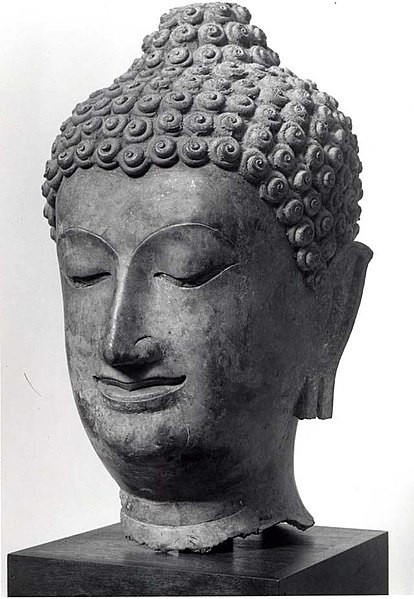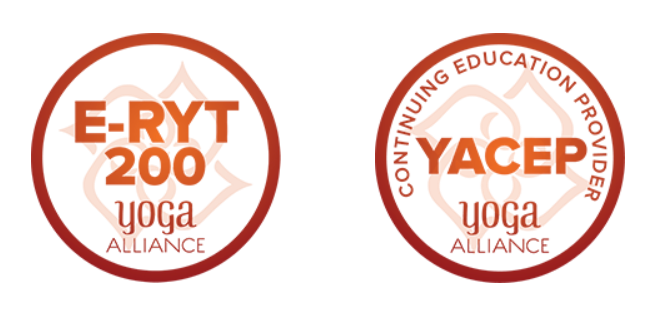
PALI 103 | Elementary Pali III
May 4 - July 24, 2026
Enrollment will open in April.
ENROLLMENT OPTIONSCourse Description
This is the third of three terms in Elementary Pali. At this point, students are familiar with the declension system and the basic structure of the Pali sentence. We have also made some incursions into the Suttas, but there are a few areas that still need to be studied before we can read Suttas with confidence. In Pali 103, we are going to delve into the rich and fascinating world of Nominal Compounds (samāsa). We will also study complex sentences, mostly focusing on the Relative Pronoun. In doing so, we will keep reviewing and consolidating the fundamentals that we learned in Pali 102.
Learning Pali is a perfect way to introduce oneself to or deepen your study of Buddhism. Pali is the language of the only complete collection of Buddhist teachings preserved in an ancient Indian language. By learning Pali, we plunge into the ocean of the teachings of the Buddha in their original (or almost original) language. We enter the colorful literary landscape of ancient India. Whether one is a Buddhist practitioner or not, any serious student of Buddhism will inevitably encounter references to the Early Teachings, mostly preserved in Pali.
Even at a foundation level, learning Pali opens a gateway to a deeper understanding of this ancient body of wisdom. It will also be a rewarding experience for anyone interested in Asian art and culture in general, and more specifically in Indian art, culture, and history. The course will provide students with all necessary materials, although we may also recommend additional materials for students to purchase if they desire.
Students who have not completed PALI 101-102 with us are welcome to join, so long as they have sufficient language training.

-
PALI 101 | Elementary Pali I (Sep 15 - Dec 5, 2025)
-
PALI 102 | Elementary Pali II (Jan 5 - March 27, 2026)
-
PALI 103 | Elementary Pali III (May 4 - July 24, 2026)
Students Will Receive:
- 24 Pre-recorded class sessions (90 min each)
- Weekly homework, quizzes, Midterm + Final exams
- 5 ACP Credits
- Up to 36 Hours of CE credit with YA
- Yogic Studies Certificate upon completion (PDF)
- Access to the private Community Forum
Dr. Aleix Ruiz-Falqués
Head of the Department of Pali and Languages at the Shan State Buddhist University, Khyentse Postdoctoral Research Fellow in Buddhist Studies, and Lecturer of Pali at the Hebrew University of Jerusalem
Aleix Ruiz-Falqués teaches graduate courses in Pali language and literature in Taunggyi, Myanmar. Aleix completed his PhD at the University of Cambridge in 2016, under the supervision of Prof. Eivind Kahrs. His research focuses on traditional grammar and scholasticism in Pali, particularly in Myanmar. More broadly, he is interested in ancient Indian literature (kāvya) and philosophy or knowledge systems (śāstra).
After completing his PhD in 2015, Aleix worked for two years on Pali manuscripts in Thailand, and he spent one year doing independent research in India. In 2018, he moved to the Shan State in Myanmar, where his long-term project is to teach and learn the Pali and Burmese languages and literature in a traditional monastic setting. One of his long-term goals is to reveal and demystify the treasures of the Pali medieval tradition that explain how we still possess the ancient words of the Buddha today.
Enrollment will open in April 2026
Regular Tuition
$375
One-Time Payment
Regular Tuition
$125 x 3
Three Monthly Payments
Frequently Asked Questions
Are there any prerequisites to enroll?
Do I have to take all three PALI courses?
Is there a required textbook? Can I use a different book?
What does online Pali learning look like?
Will I have to learn a new script to study Pali?
Are these PALI courses included in the YS Membership Program?
Is there a certificate I can receive for the course?
Have further questions?
This course is eligible for 36 hours of Continued Education (CE) credits with Yoga Alliance

Stay Informed
Sign up for the Yogic Studies mailing list to find out first about upcoming courses, podcast episodes, promotions, events, and the latest research delivered straight to your inbox.





